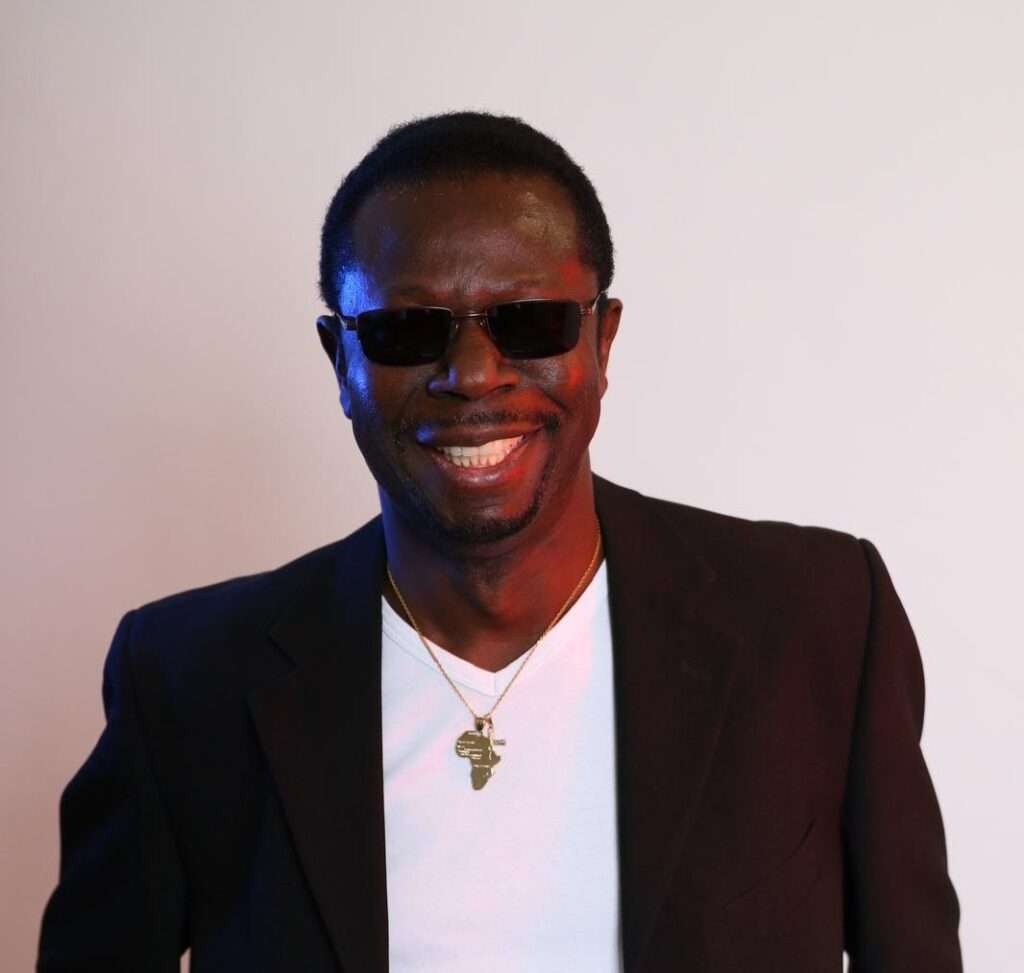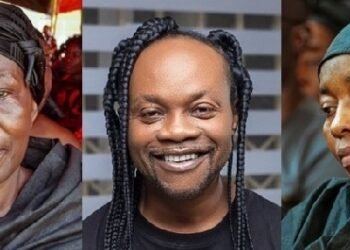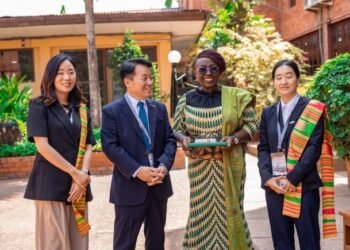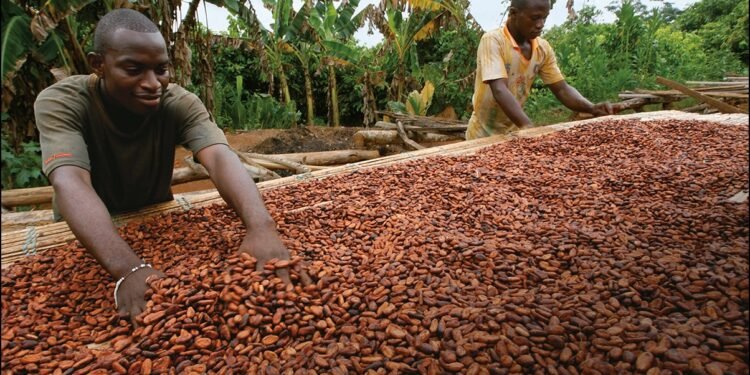In an increasingly globalized world, the influence of culture, especially through music and the arts, transcends borders.
For Ghana, a nation rich in cultural heritage and artistic talent, the diaspora plays a significant role in shaping the global narrative of Ghanaian culture.
However, there has been a growing concern regarding the limited attention the Ghanaian media pays to artists residing abroad.
RelatedPosts
Germany-based Ghanaian Highlife star, Kofi Eiphos has urged the Ghanaian media to pay more attention to artists residing abroad.
Known for his powerful live performances and international recognition, Eiphos expressed disappointment in the lack of media coverage for Ghanaian artists living outside the country.
“Look at me. Despite doing so well with my music here in Germany, I’ve noticed that the Ghanaian media often overlooks artists living abroad. How many Ghanaian media houses are talking about us? they’re only waiting to hear bad news before they give us any attention.”
Kofi Eiphos
Ghanaian artists living abroad serve as cultural ambassadors, showcasing the richness of Ghanaian traditions, music, and art on international platforms.
The creative industry is a significant contributor to Ghana’s economy. When artists succeed internationally, they bring attention to Ghana and generate revenue through sales, performances, and collaborations.
Artists abroad often have access to different markets and networks. By highlighting their work, the Ghanaian media facilitate connections between local and international artists, fostering collaborations that lead to innovative projects and greater exposure for Ghanaian art.
Successful Ghanaian artists abroad serve as role models for emerging talents in Ghana. Their stories of perseverance and success inspire local artists to pursue their dreams, encouraging a new generation of creatives.
Many Ghanaian artists living abroad experience a disconnect from their roots. They often struggle to balance their Ghanaian identity and the influences of their new environments.
Despite their contributions, many Ghanaian artists abroad remain under-recognized in their home country. The lack of media attention leads to isolation and frustration, as these artists feel that their work is not valued or acknowledged by their community.
The Role of Ghanaian Media

Collaborating with Ghanaian diaspora organizations helps the media identify and connect with artists living abroad. These organizations often have networks and resources that facilitate the promotion of Ghanaian artists and their work.
By showcasing the success stories of Ghanaian artists abroad, the media inspire pride in the Ghanaian community and foster a sense of connection between those at home and those abroad. Celebrating these achievements also encourages support for the arts within Ghana.
Kofi Eiphos who is known for the hit songs, ‘Abenaa’, and ‘DJ 50 50’ believes that by focusing on the achievements and contributions of abroad-based artists, the Ghanaian music industry can benefit from increased exposure and global recognition.
Increased coverage of artists abroad helps reinforce a sense of cultural identity among Ghanaians, both at home and in the diaspora. It fosters a deeper appreciation for the diversity of Ghanaian art and its global impact.
Enhanced media attention elevates the profiles of Ghanaian artists on international platforms, leading to greater recognition and opportunities for collaboration with global artists and institutions.
By highlighting the work of artists abroad, the media help build a sense of community among Ghanaian creatives, fostering connections and collaborations that enrich the cultural landscape.
The call for Ghanaian media to pay more attention to artists residing abroad is not just a plea for recognition; it is an opportunity for growth, collaboration, and cultural exchange.
By embracing the stories and contributions of these artists, the media plays a pivotal role in promoting Ghanaian culture on a global scale.
As the world becomes increasingly interconnected, the importance of these narratives cannot be overstated. The future of Ghanaian art and culture depends on the recognition and support of its talented artists, regardless of where they reside.
READ ALSO: Mr Speaker Has Crossed the Be careful Line – Ahiagbah























